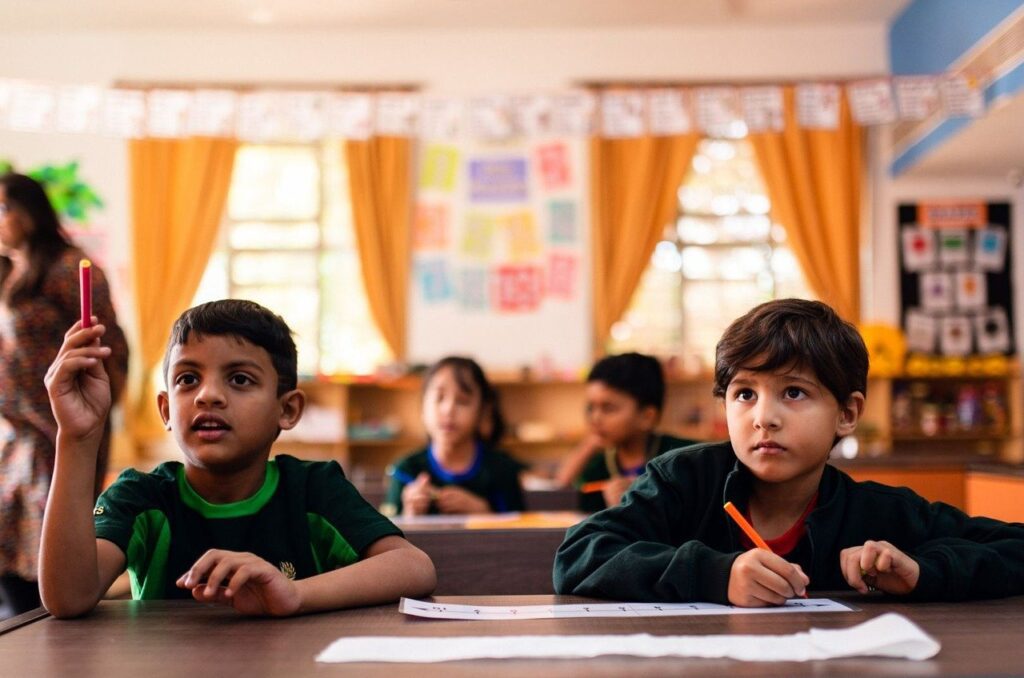Your likelihood of developing health issues like drug addiction or mental health disorders might be influenced not only by your own genetic makeup but also by the genes of your childhood and adolescent friends, according to new research.

Scientists at Rutgers University in New Jersey analyzed more than 650,000 Swedish health records, focusing on individuals aged 17 to 30, along with data from their extended families. The study aimed to map out the risk factors for substance abuse and mental health problems based on genetic inheritance.
By creating family genetic risk scores—indicators of how likely a person’s genetic background contributed to addiction or psychiatric conditions—the researchers compared these scores with data about peers in the same schools and communities. Their goal was to identify whether there was a connection between these genetic risks and similar health problems in the social circles of the individuals studied.
The results were revealing: If you’re spending time around people with a genetic predisposition to certain health issues, your chances of developing the same problems increase—even if your own genes don’t indicate a similar risk.
“Peers’ genetic predispositions for psychiatric and substance use disorders are tied to an individual’s own risk of developing the same issues in early adulthood,” says Jessica Salvatore, a psychiatrist at Rutgers University. “This demonstrates the far-reaching impact of social genetic effects.”
This growing field, known as socio-genomics, explores how one person’s genetic traits can influence the observable traits of others. While researchers have found evidence of people ‘rubbing off’ on each other genetically, the mechanisms behind this phenomenon are still being studied.
The study examined conditions like drug and alcohol use disorders, major depression, and anxiety disorders. The level of influence varied depending on the specific health issue, but the connection was strongest with substance abuse disorders. For those attending high school in similar peer groups, the risk increased by as much as 59%.
Even those who lived in the same area but didn’t attend the same school showed a smaller but still significant level of influence from their peers’ genetic risks. The connection was particularly noticeable between the ages of 16 and 19, though the health impacts could manifest later, up to age 30.
Perhaps the most surprising finding was that the genetic risk still played a role even if it hadn’t yet manifested itself in the peer group. For example, simply being around someone who was genetically more likely to develop alcohol-related issues could increase your own risk, even if that person wasn’t showing signs of heavy drinking.
“In our analysis, we found that peers’ genetic predispositions were linked to individuals’ risk of disorder, even after controlling for whether the peers were affected or unaffected,” Salvatore explains.
This suggests that while group dynamics—like copying friends’ behaviors—may play a role, there could be a deeper biological connection at work. Researchers are eager to delve further into these findings to enhance the ways mental health and addiction are diagnosed and treated.
The study was published in the American Journal of Psychiatry.
